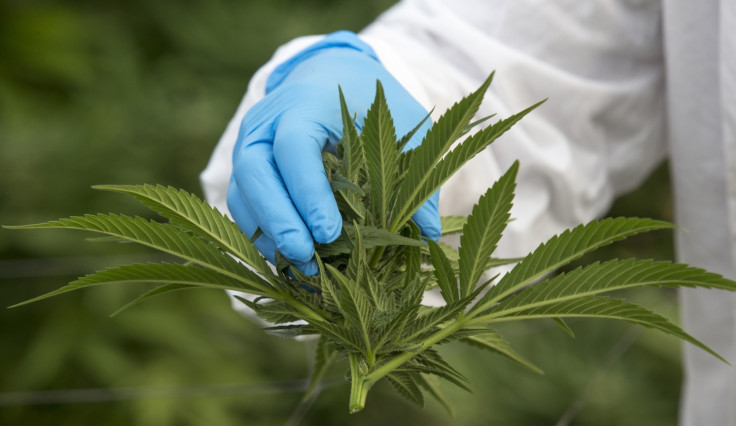Australian Cannabis Growers Warn Of 'Catastrophic Failures' As Imported Products Flood Market

A group representing 80% of Australia's medicinal cannabis growers is urging the federal government to support local producers, warning that an overreliance on lower-quality imports is not only pushing domestic farmers out of the market but also risks "catastrophic failures" in the industry.
The guild said Australian producers were disadvantaged by costly and time-consuming licensing requirements, which make it difficult to compete with cheaper international imports. As a result, local farmers claim they are being priced out of a market dominated by overseas suppliers.
Some domestic businesses have even begun outsourcing parts of their operations overseas in an attempt to stay competitive -- a move they say is only adding to their costs, ABC reported.
In 2023, 61% of Australia's medicinal cannabis supply was imported, according to the Therapeutic Goods Administration (TGA).
Under current regulations, a country's permitted medicinal cannabis supply is determined by domestic demand. If local supply cannot meet that demand, imports are allowed. However, Australian farmers insist they have the capacity to meet the nation's needs -- if only the regulatory environment allowed them to compete fairly.
Regulatory hurdles
Tasmanian farmer Cade Turland said the licensing process for growing cannabis in Australia is both lengthy and expensive. He noted that establishing a compliant growing facility can take between two and four years, tying up a large capital.
Maintaining a licence can cost up to AU$50,000 annually, including costs for random and routine inspections that range from AU$4,800 to AU$12,800.
In contrast, the TGA confirmed that there were no fees for a licence or permit to import medicinal cannabis. Currently, there are 29 cultivation and production permits and 10 manufacture permits issued domestically.
Turland said this imbalance allows imports to "constantly stifle" the growth of domestic producers. He also pointed out that while countries like Canada -- Australia's largest source of imported cannabis -- can export to Australia, domestic producers cannot export to those countries.
While, Turland also said that imported products are not held to the same regulatory standards as Australian-grown cannabis, the TGA has maintained that all medicinal cannabis products, regardless of origin, must comply with the Australian Quality Standard.
Most medicinal cannabis products in Australia are not listed on the Australian Register of Therapeutic Goods (ARTG), the TGA confirmed. Only two products -- Sativex (nabiximols), used to treat multiple sclerosis, and Epidyolex (cannabidiol), used for seizure disorders -- have ARTG approval. Other products are considered "unapproved" and are accessed through special regulatory schemes, such as the Special Access Scheme, the Authorised Prescriber Scheme, and clinical trials.
Push for local industry
Craig Knight, whose company Tasmanian Botanics both grows and manufactures medicinal cannabis products, acknowledged the current environment is challenging for domestic growers.
Support is also growing in the political arena. Greens Senator Peter Whish-Wilson, who personally uses medicinal cannabis for chronic pain, said he is "alarmed" by the current system. He pledged to raise the issue in parliament, warning that local growers may not be able to transition quickly to manufacturing cannabis products if "governments don't listen to their concerns."
© Copyright 2025 IBTimes AU. All rights reserved.





















